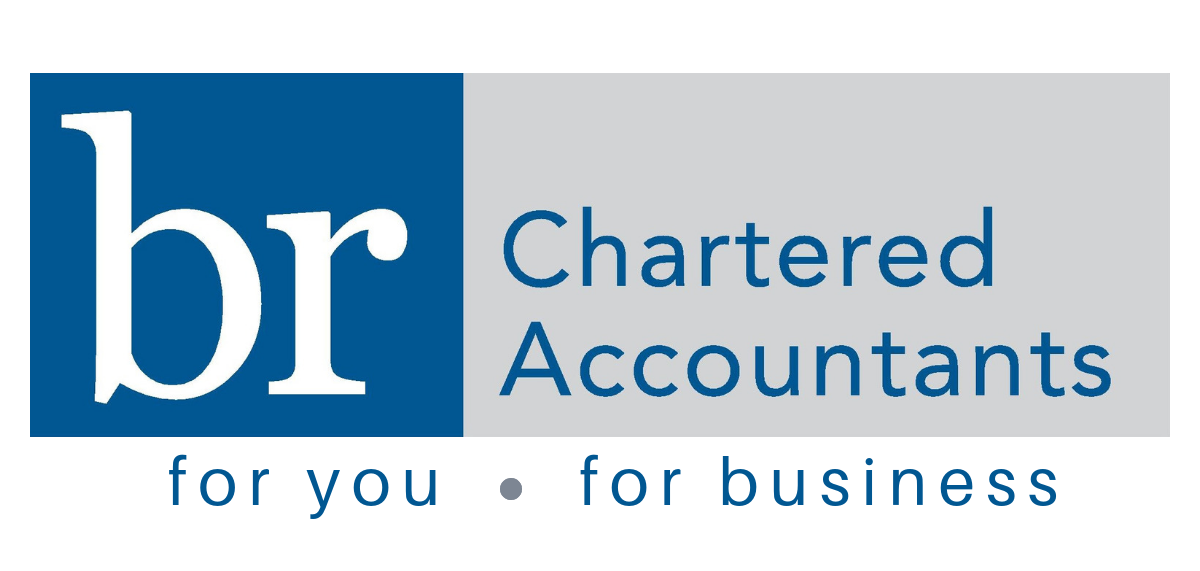As we move into February and the vaccine rollout is gathering significant pace, we are starting to feel that the return to normality is at least a possibility.
We have summarised the latest business news and Government support updates below. Our office remains open and we are here to help you and your business.
If you have any further questions, please don’t hesitate to get in touch.
 Pay VAT deferred due to coronavirus
Pay VAT deferred due to coronavirus
If you deferred VAT between 20 March and 30 June 2020 and still have payments to make, you can:
- pay the deferred VAT in full on or before 31 March 2021
- opt in to the VAT deferral new payment scheme when it launches in 2021
- contact HMRC if you need more help to pay
Pay your deferred VAT:
You can pay your deferred VAT in full by 31 March 2021.
You do not need to contact HMRC.
If you want to opt in to the new payment scheme:
You cannot opt in yet. The online opt in process will be available in early 2021. You must opt in yourself, your agent cannot do this for you.
Instead of paying the full amount by the end of March 2021, you can make up to 11 smaller monthly instalments, interest free. All instalments must be paid by the end of March 2022.
The scheme will allow you to:
- pay your deferred VAT in instalments without adding interest
- select the number of instalments from 2 to 11 equal monthly payments
To use this scheme you must:
- still have deferred VAT to pay
- be up to date with your VAT returns
- opt in before the end of March 2021
- pay the first instalment when you opt in
If you opt in to the scheme, you can still have a time to pay arrangement for other HMRC debts and outstanding tax.
See more information on opting into the new VAT payment scheme here:
Pay VAT deferred due to coronavirus (COVID-19) – GOV.UK (www.gov.uk)
 Brexit News
Brexit News
For smaller UK businesses exporting to the EU, the new Brexit rules have so far been problematic for many and unworkable for some. One of the unexpected issues that has emerged is highlighted below.
Rule of origin confusion:
Since the 1 January, many UK businesses have since discovered that they now face significant additional costs and must handle more responsibilities on their exports bound for the EU.
While businesses continue to comprehend the complexities of the agreement, one such difficulty which has become immediately apparent is the “Rule of Origin”. The rule means that any goods arriving to the UK from outside the EU, which are then exported from the UK into the EU, will be subject to customs duties. This has come as a surprise to many firms – particularly for those businesses which continue to source their products from outside the UK or the EU and now leaves many UK businesses with a serious competitive disadvantage going forward with a number of unattractive choices to consider.
The first option is to absorb the additional costs and responsibilities, but this option will increase the costs and therefore impact on the related profit margin arising from EU exports.
Secondly, UK businesses could cease trading with EU customers which will have the effect of reducing the business activities of the company equal to the revenue foregone by ceasing to trade in this market.
Thirdly, UK business could incorporate a company in a country which continues to be a member state of the EU. This will eliminate the many difficulties arising as a result of the recent Trade and Cooperation Agreement and should have little or no overall effect on the level of turnover undertaken by the business going forward.
Taking such a step could result in increased level of business within the EU over time.
 COVID-19 Government Support News
COVID-19 Government Support News
Below is a roundup of Government supports for businesses and individuals in the UK. Please talk to us if you need help in applying for Government support.
Changes to the Kickstart Scheme grant
The Kickstart Scheme provides funding to employers to create job placements for 16- to 24-year-olds on Universal Credit is changing. So far more than 120,000 jobs have been created and the new changes make the scheme easier for businesses to apply.
Employers of all sizes can apply for funding which covers:
- 100% of the National Minimum Wage (or the National Living Wage depending on the age of the participant) for 25 hours per week for a total of 6 months.
- associated employer National Insurance contributions.
- employer minimum automatic enrolment contributions.
Employers can spread the start date of the job placements up until the end of December 2021.
From 3 February 2021, employers can apply directly to the Kickstart scheme for any number of job placements. The Government is removing the threshold of 30 job placements.
Businesses can also choose to apply through a Kickstart gateway, including those supporting sole traders. Kickstart gateways already working with the scheme can continue to add more employers and job placements to their grant agreement.
Grants available are:
- £300 per job placement to cover admin costs.
- £1,500 per job placement for employers.
This funding is for setup costs and to support the young person to develop their employability skills. Employers can choose to get someone else to do this for them, such as a Kickstart gateway or a service provider. If they choose to do this they will have to agree how to share the £1,500.
Kickstart Scheme wages and related costs for employers:
- 100% of the National Minimum Wage (or the National Living Wage depending on the age of the participant) for 25 hours per week for a total of 6 months.
- associated employer National Insurance contributions.
- employer minimum automatic enrolment contributions.
See: https://www.gov.uk/government/collections/kickstart-scheme
The Coronavirus Job Retention Scheme has been extended until 30 April 2021
If you cannot maintain your workforce because your operations have been affected by coronavirus (COVID-19), you can furlough employees and apply for a grant to cover a portion of their usual monthly wage costs where you record them as being on furlough.
The Coronavirus Job Retention Scheme has been extended until 30 April 2021. You can claim 80% of an employee’s usual salary for hours not worked, up to a maximum of £2,500 per month.
You can claim for employees who were employed on 30 October 2020, as long as you have made a PAYE RTI submission to HMRC between the 20 March 2020 and 30 October 2020, notifying a payment of earnings for that employee. This may differ where you have made employees redundant, or they stopped working for you on or after 23 September 2020 and you have subsequently re-employed them.
All employers with a UK, Isle of Man or Channel Island bank account and UK PAYE schemes can claim the grant. You do not need to have previously claimed for an employee before the 30 October 2020 to claim.
Employers can furlough employees for any amount of time and any work pattern, while still being able to claim the grant for the hours not worked. Employers must pay for employer National Insurance contributions and pension costs.
Claims for furlough days in January 2021 must be made by 15 February 2021. You can no longer submit claims for claim periods ending on or before 31 October 2020.
Talk to us about helping you claim a CJRS grant – we have been helping our clients for many months and we can estimate claims in advance to help your cash flow planning.
Ask HMRC not to publish your Coronavirus Job Retention Scheme (CJRS) claim details
You can request that HMRC does not publish details about your CJRS claim, if you can show evidence that it would result in serious risk of violence or intimidation to:
- you or anyone living with you.
- an individual associated with your business or anyone living with them.
Examples of individuals associated with your business include:
- an employee
- a director, officer or employee of that company
- a partner, officer or employee of that partnership
- a member or employee of a limited liability partnership
- a settlor, trustee or beneficiary of a trust
You must make this request yourself; we cannot do it for you.
HMRC will not publish any of your details until a decision has been made and you have been informed.
To submit a request, you will need your:
- employer Government Gateway ID and password.
- employer PAYE reference number.
- business name.
- contact details
You must provide evidence of why you think there would be a serious risk. Evidence can be:
- written details of why you think publication could lead to the threat of violence or intimidation.
- a police incident number if you’ve already been threatened or attacked.
- photos of a previous threat or attack.
- evidence of possible disruption or targeting.
- any other material which can support your request.
To submit a request see: https://www.gov.uk/guidance/ask-hmrc-not-to-publish-your-coronavirus-job-retention-scheme-claim-details?utm_medium=email&utm_campaign=govuk-notifications&utm_source=f686df3f-d351-4e95-ab29-e343bbbc051d&utm_content=daily
Pay Coronavirus Job Retention Scheme (CJRS) grants back
If you have overclaimed for CJRS then HMRC encourage employers to pay all or some of the grant back or if you do not need the grant and want to make a voluntary repayment you can do so using the link below.
You can either:
- correct it in your next claim (your new claim will be reduced, and you will need to keep a record of the adjustment for 6 years)
- get a payment reference number and pay HMRC back within 30 days (only if you are not making another claim)
You must use the online service to get your payment reference number before you can pay HMRC back. You should only do this if you are not making another claim.
Please talk to us if you have any concerns about past claims and we will help put matters in order – contact us here.

